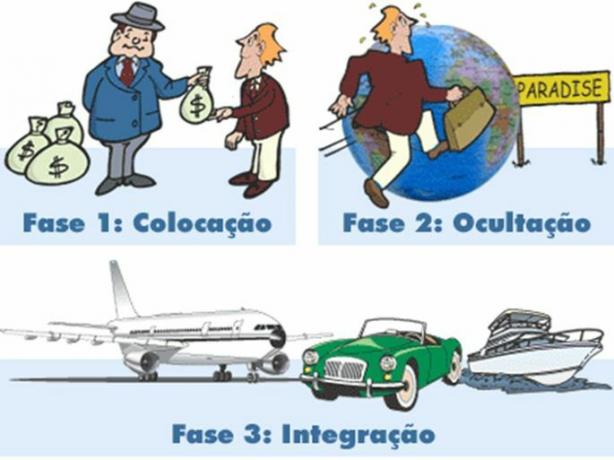Consumer is every individual or legal entity that buys consumer goods, whether products or services; someone who shop; that one that consumes.
Any individual with purchasing power, that is, economically able to buy something, can be considered a consumer.
Learn more about the meaning of Purchasing power.
There are different types of consumers, and consumer goods companies and companies are responsible for identifying the profiles that are compatible with the product or service they offer, creating marketing strategies to attract the greatest possible number of potential consumers, thus generating profit and "turning" the economy of a parents.
The call "conscious consumer" is the individual or company that consumes resources (products and services) responsibly, thinking about the environment, human and animal health.
The conscientious consumer is the one who knows the origin of the product and the condition of the workforce that generated that merchandise, taking into account the labor relations of the company that supplies the product at the time of purchase or not.
For example, a conscientious consumer does not buy products from companies that pollute the environment or maintain illegal relationships with their employees.
O consumerism it is the action of a consumer, an individual who has an unbridled and inconsequential passion to buy, even when there is no need to obtain a certain product. Consumerism is the representation of an excess of purchases by a person.
"Consumer support" is common in medium and large companies, also known as SAC ("Customer Service" or "Customer Service"). This is a means of communication between the consumer and the service provider or product supplier, being responsible for providing technical and informational support to the end customer.
In biological sciences, the consumer is the living being that does not produce its own food, having to hunt and feed on other living beings to ensure its survival.
The food chain consists of the following cycle: producer, primary consumer (herbivorous beings), secondary consumer and tertiary consumer (carnivores or omnivores).
Consumer defense
O Brazilian Consumer Protection Code (CDC) is a set of laws and regulations that protect and guarantee consumer rights.
The Consumer Defense Code was created from Law No. 8078, of September 11, 1990, regularizing the relationship between service providers and product suppliers with consumers finals.
Learn more about Consumer Law.

